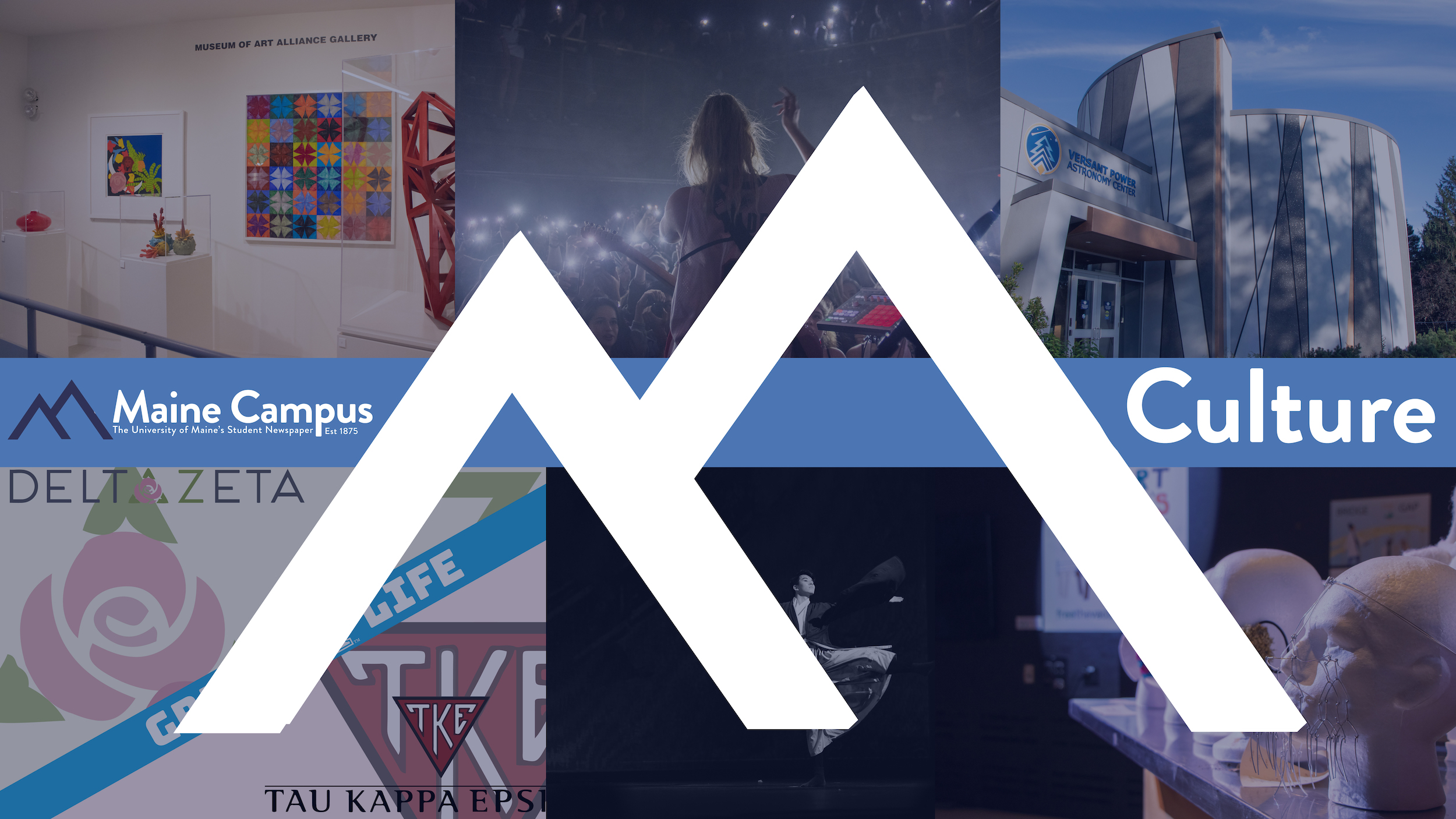Last Wednesday, Feb. 22, Dr. Merilee Brockway gave an online lecture about microbiomes in human milk on the University of Maine’s online program. Brockway’s talk focused on the science and health behind breastfeeding and the importance of human milk in infants, as well as the consideration of mothers in the conversation.
Brockway has a focus in breast milk and microbiome science. Most of her research focuses on postpartum and public health, as well as lactation science. Human milk contains numerous compounds that can influence infant health. By coming directly from the mother, it is tailored to the infant.
“Perfectly adapted nutrition supply,” Brockway said about human milk. “The most specific personal medicine.”
According to Brockway, the scientific advice for how long to breastfeed is to do so exclusively for the first six months of an infant’s life. After that, it is recommended to breastfeed with supplementation of formula up to the first two years. While formula is a useful substitute for breastfeeding, it does not provide the same benefits.
“When formula was originally patented in the 1800s, we didn’t really know about human milk,” Brockway said. “We are still to this day discovering new compounds in human milk.”
Breast milk, as told by Brockway, contains important nutrients for infants that are not yet available in formula and solid foods.
Disruptions in the beginning of an infant’s life can lead to complications later in life, such as asthma. Disruptions include how the infant is born, how they are fed and so on.
According to Brockway, 98% of births happen in hospitals. Of those, 30% of births are via cesarean section. In addition, of infants born vaginally, 70% were exclusively breastfed for the first few weeks of life. These statistics come from Canada, although Brockway believes they are similar in the United States.
The microbes present in breast milk are important to infant health and will balance out other, less-favorable components.
“Infants who have had two doses of antibiotics but are breastfed have the same rate of asthma as those without antibiotics,” Brockway said.“Direct breastfeeding is likely the most favorable for the microbiome.”
In addition to having new compounds that are being discovered, human milk is also hard to research as the components of the milk change at various points.
“Breastfeeding is really hard to research in general,” Brockway said. “It changes across the day, across the feed and across the lactation stage in general.”
Research on breastfeeding had been looked over and non-comprehensive for some time.
“For the longest time, when doing breastfeeding research we only asked ‘are you breastfeeding, yes or no?’ As you’ve seen, that doesn’t tell us a lot,” Brockway said.
While science favors breastfeeding, Brockway specifies the importance of considering the mother and personal circumstance in the conversation about breastfeeding. As breastfeeding has more health benefits than formula, it creates the idea that those unable to breastfeed are doing something wrong.
“Often, mothers feel stigmatized for not being able to breastfeed,” Brockway said. “Being forced with formula supplementation really makes them feel like a failure.”
In addition to feeling stigmatized, this can relate to the mother’s status in life.
“Mothers who are of higher socio-economic status tend to have higher success with breastfeeding,” Brockway said.
A popular phrase is “breast is best,” highlighting that breastfeeding is better than formula. Brockway argues against this phrase.
“I really want to see us get rid of this ‘breast is best’ mentality because it’s detrimental to mothers who can’t breastfeed. My Breasts are normal. Rather than problematizing formulas and calling it a risk, look at it as an intervention when things don’t go as planned. I look to think of formula as a medication,” Brockway stated.
More microbiome lectures will continue throughout March, occurring online every Wednesday from 11 a.m. to noon. Registration is free and can be found on the UMaine’s online calendar.










